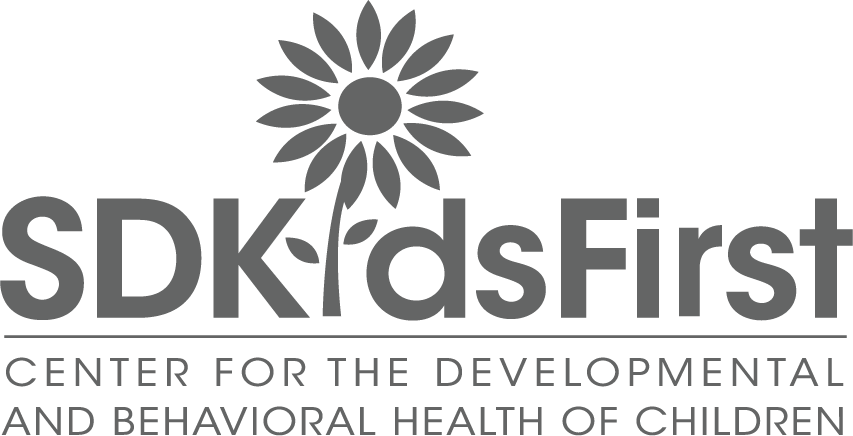How to Manage ADHD Effectively WITHOUT the Use of Medication (Part 1 of a series)
Dear Dr. Deb,
Our 7-year-old son was just diagnosed with ADHD. Our pediatrician has recommended that we start him on medication, however my husband and I are hesitant to put him on medication this young. We are hoping that maybe we can use other strategies to help him be successful, but are overwhelmed after reading about so many different options, therapies, etc… we don’t know where to start. We want to know first, is it possible to manage ADHD without medication, and second, which methods or therapies should we focus on?
-Linda C.
Dear Linda,
You are asking many excellent questions. Good for you for reading so much about ADHD and all the treatment options that are out there! I know it can seem daunting, but once you are more familiar with the various methods and strategies available, I know it will seem more clear and easy to navigate.
First, I want to reassure you that you are not alone. Medication is a very personal choice that every family needs to make based on their l beliefs and values, and the unique challenges their child faces. For many children, medication is the best choice and can be extremely helpful. However, for other families, the choice to put their child on medication does not feel right, and that is ok too.
To address your first question, yes many children with ADHD can do quite well without medication provided that several other supports are in place. As with any treatment, including those that do not involve medication, we need to make sure we regularly monitor our child’s progress to evaluate whether or not these therapies are working, and if not, why not. Not every program works equally well for every child, and you want to make sure that your child is benefiting from your efforts.
That being said, there are many therapies and strategies to consider to help your child. So many in fact, that I will need to answer your question across several posts! (Seriously, I could write a book on this topic!) So, let’s prioritize! Here are the first two places I would start:
1. Get a good educational plan in place: ADHD symptoms often are the most apparent within the classroom environment. Long periods of sitting, focus, independent work, and group instruction (or circle time) can be especially challenging for a child with ADHD. If your child is in a public school, ask for a 504 plan. A 504 plan (which refers to Section 504 of the Rehabilitation Act and the Americans with Disabilities Act), spells out the modifications and accommodations that will be needed for your child to have an opportunity to perform at the same level as his or her peers. Usually, devising a 504 plan involves the parents, the teacher, the school psychologist, and occasionally other educators such as the resource teacher and/or school counselor, who come together and write out a list of proposed accommodations. If your child is at an independent school, you still can request a similar educational plan so that an individualized program can be devised to support your child. (If you would like some ideas for strategies to be included in the plan, read my article ‘My Top 5 Classroom Strategies to Help your Child Focus and Pay Attention‘).
2. Schedule, Structure and Consistency! Your new mantra for a peaceful household! Behavioral therapy for children with ADHD includes structuring their environment at home to allow them to be successful. All children benefit from schedules, structure, and predictability. However this is even more true for children with ADHD who often struggle with transitions, test boundaries, and can react negatively to unpredictable or uncontrollable situations. You don’t have to schedule every waking moment of every day, however having a general routine or schedule for weekday mornings as well as after-school can be extremely helpful. Many children respond to visual cues and reminders, so consider making a chart, or ‘things to do’ list for any household routine you’d like to implement. Whenever possible get your child to help with the schedule so that they can play an active role in devising their own routine.
In my next post, I will write about how to parent a child with ADHD effectively, and will discuss how various parenting strategies can make a dramatic impact on behaviors at home!
Best of luck!
-Dr. Deb
